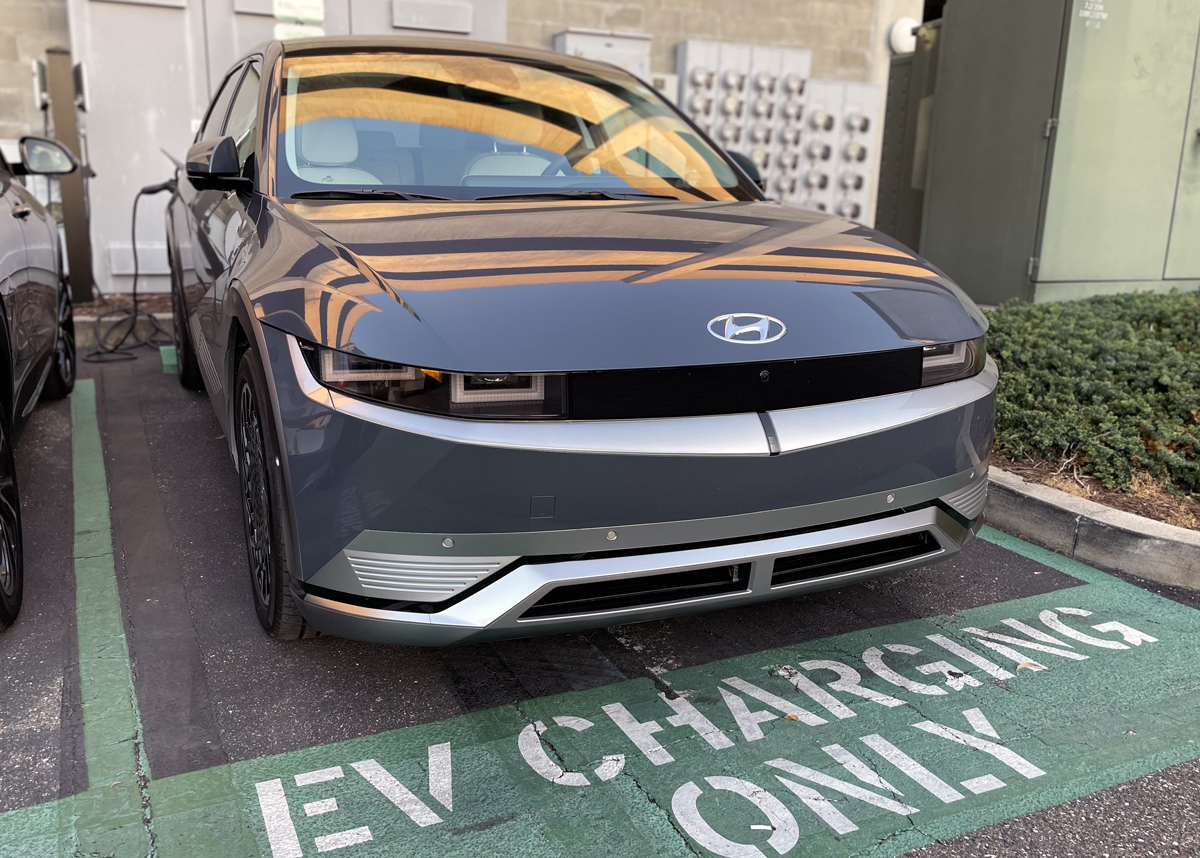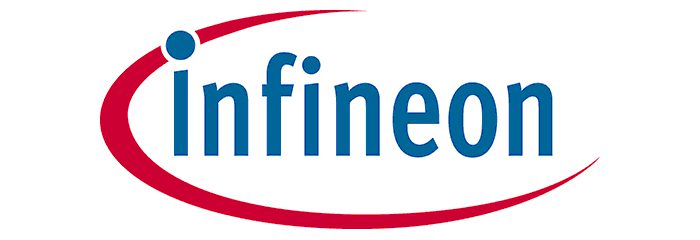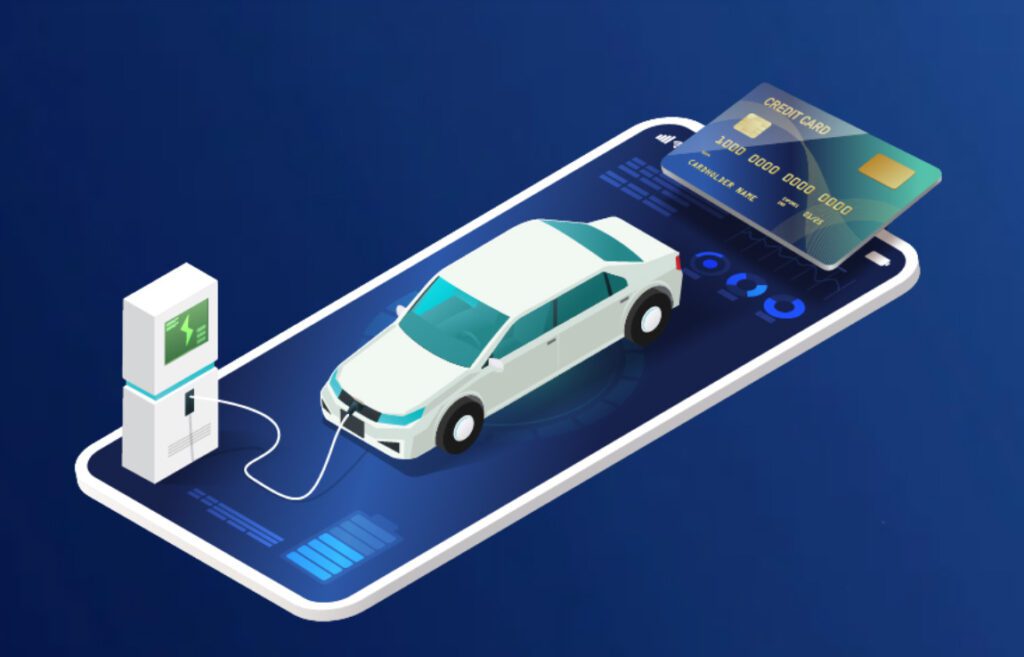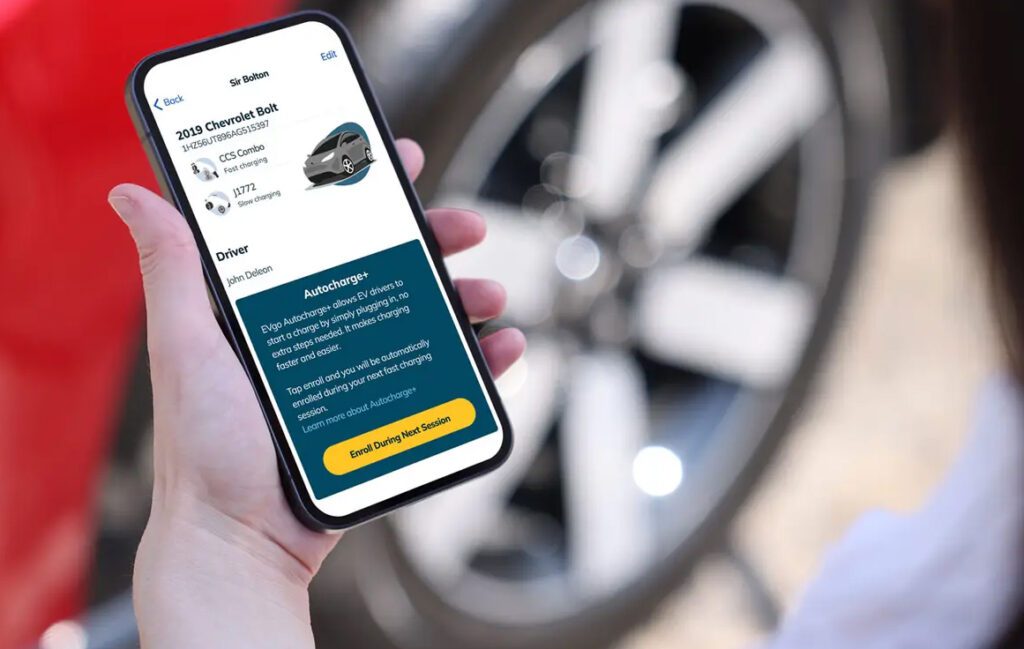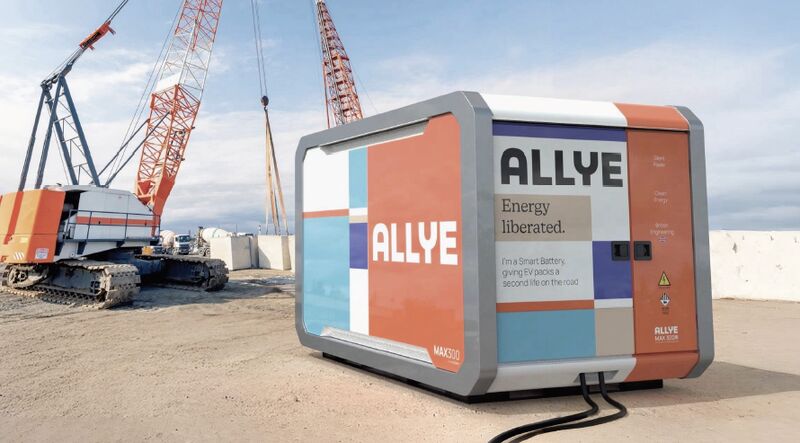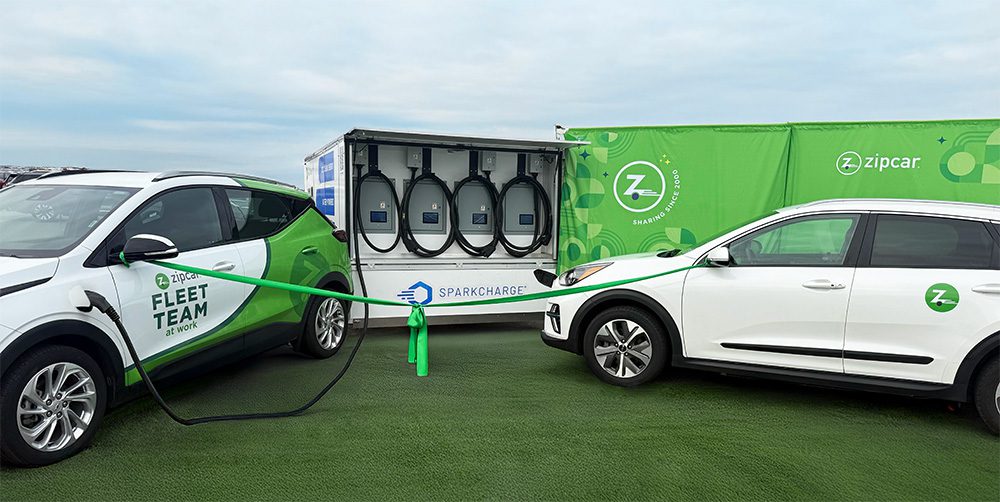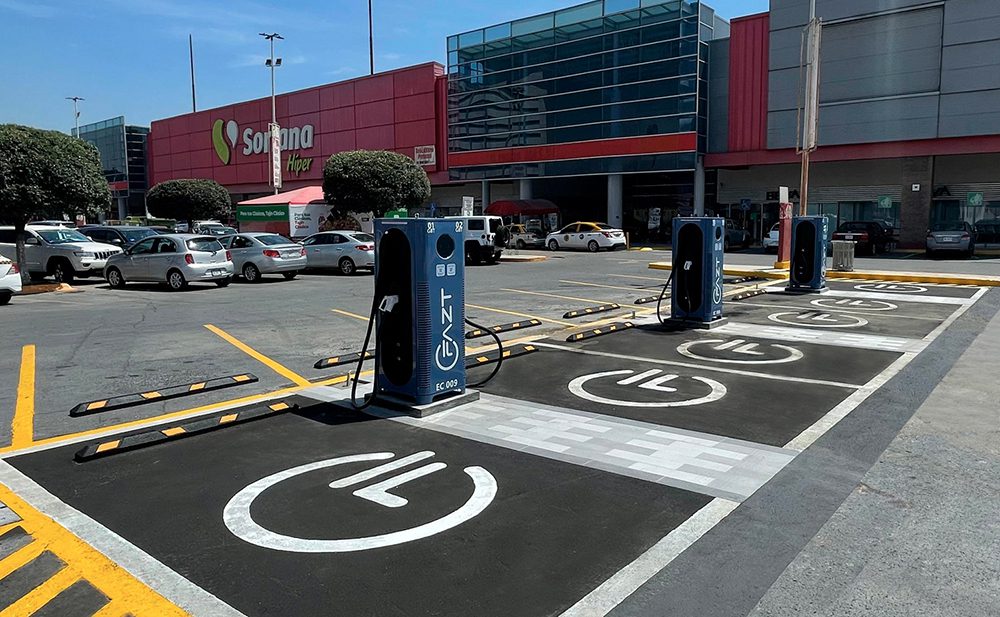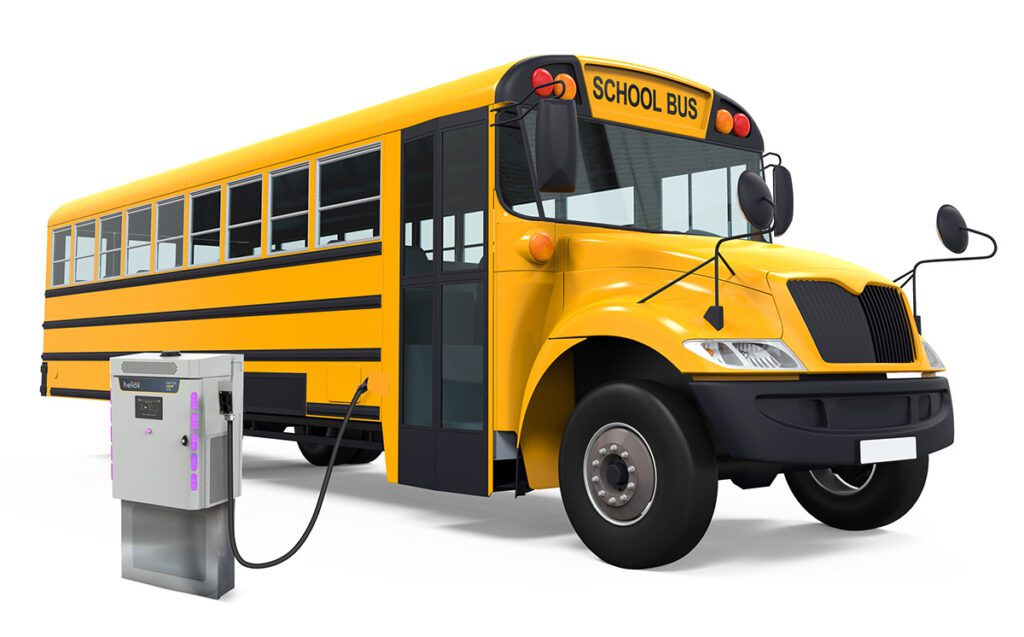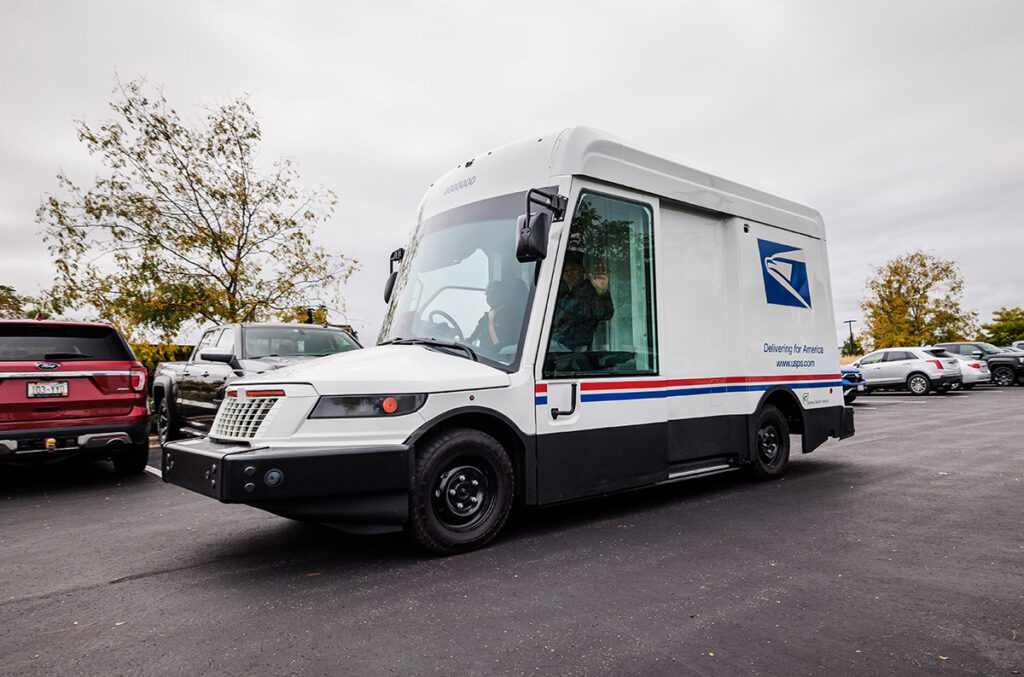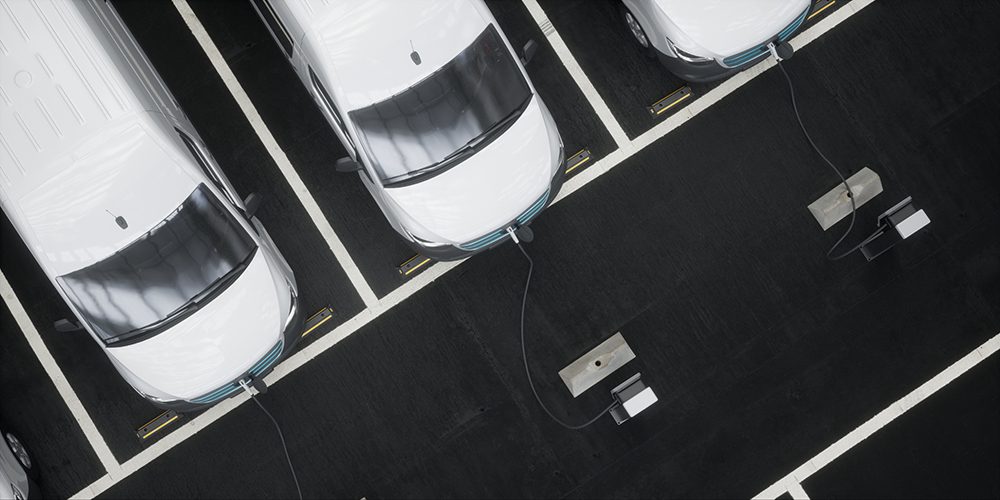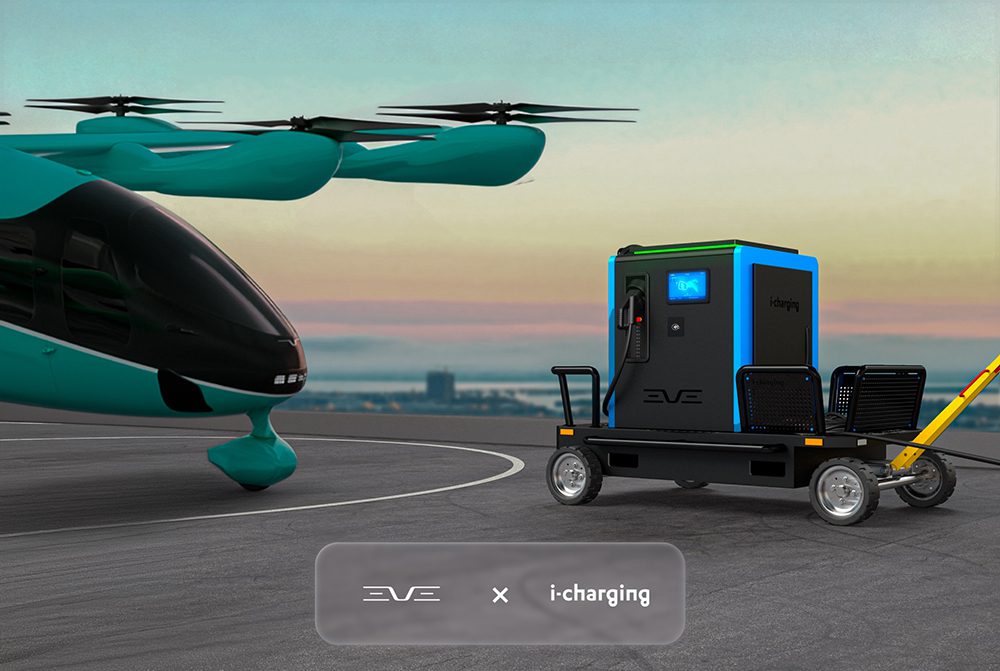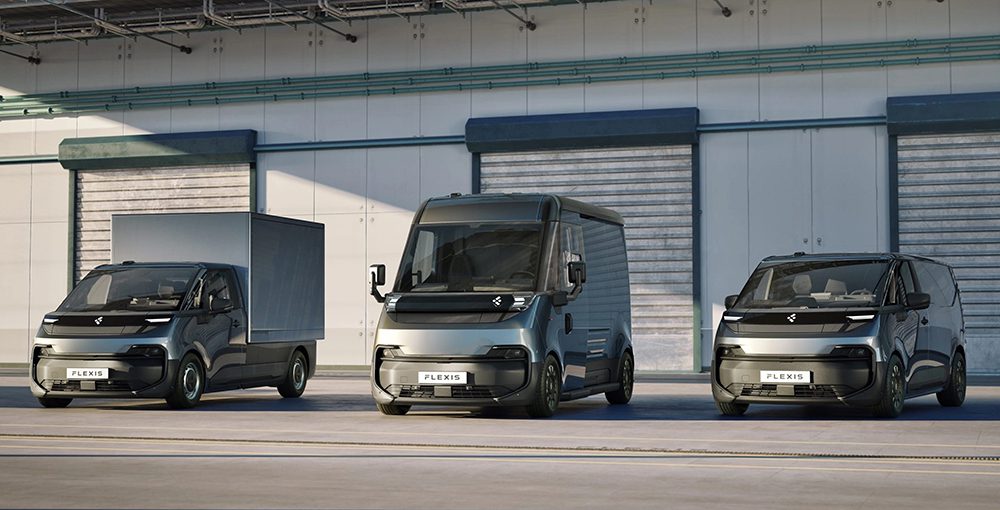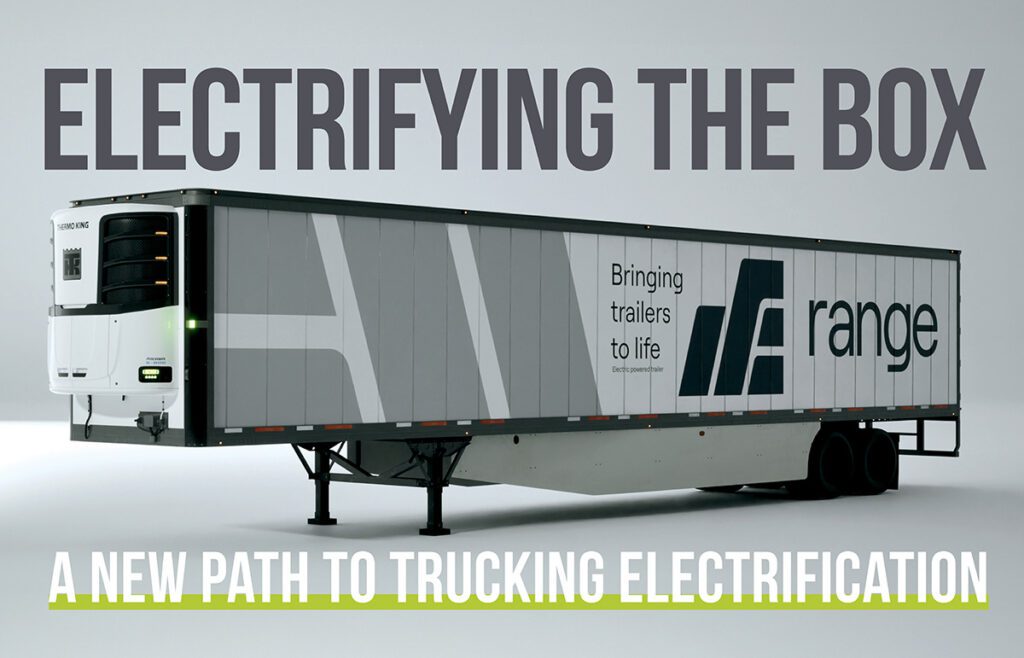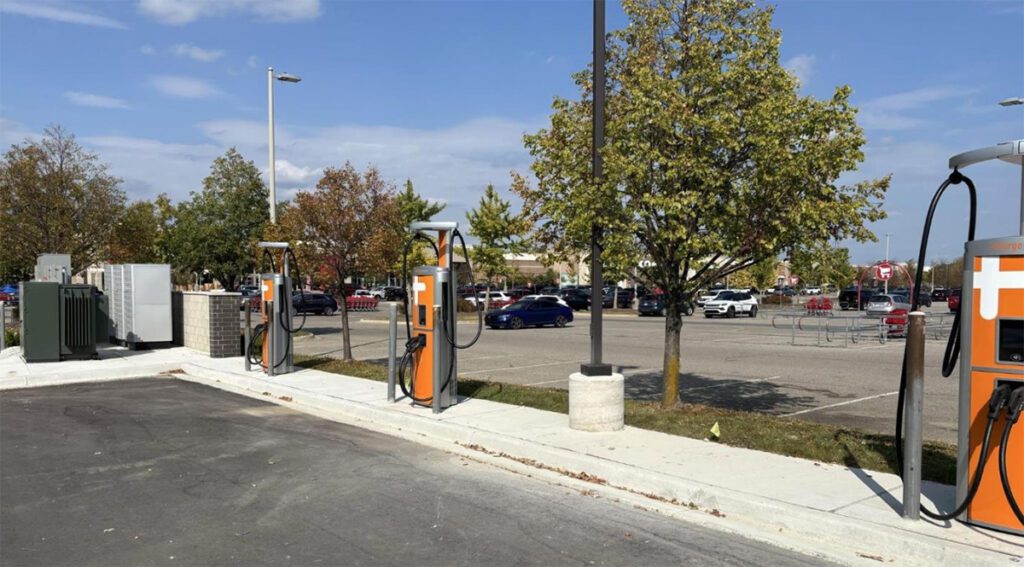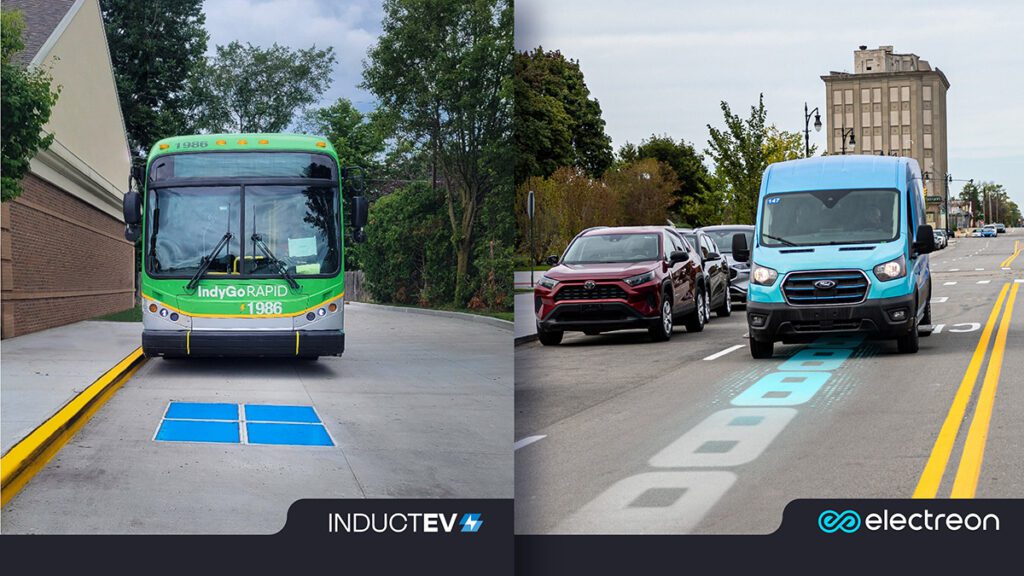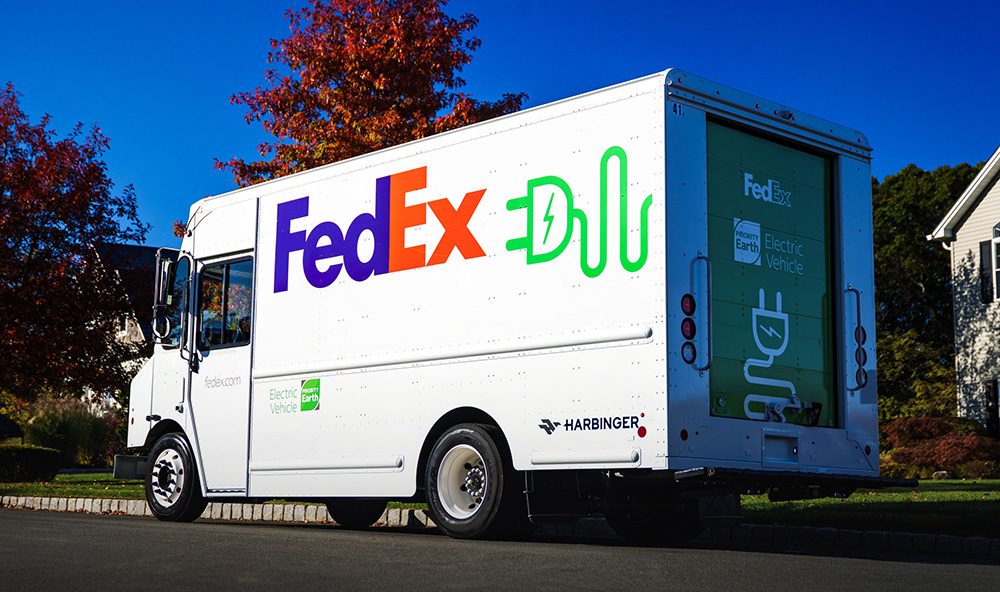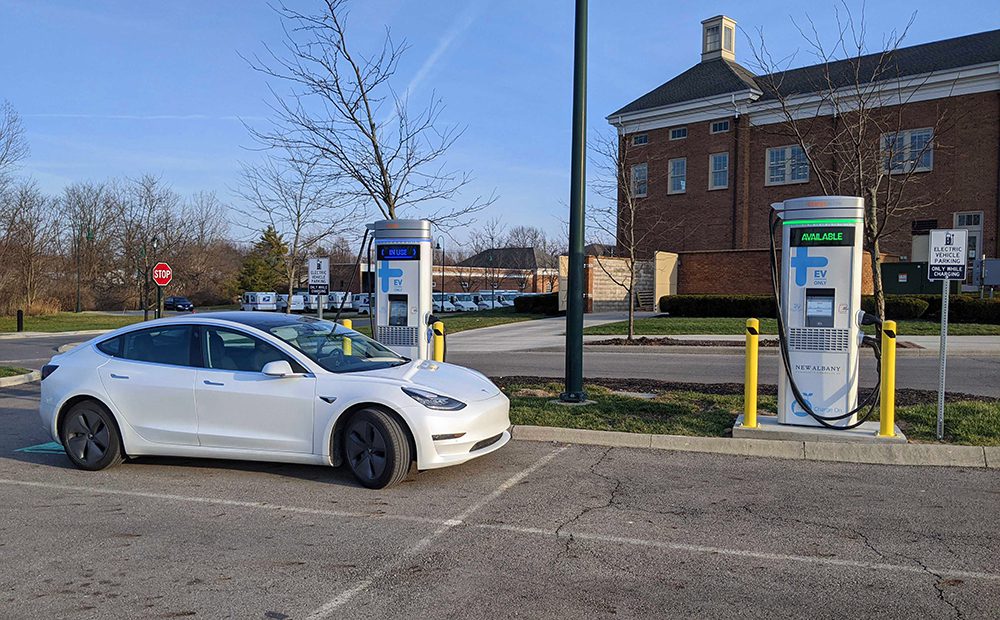A lack of interoperability between key system components—vehicles, charging stations, charging networks, and the grid—and the software systems that support them is a threat to system reliability and broader EV adoption in the US, according to a study by EVSE operations and maintenance (O&M) service provider ChargerHelp.
The network of public chargers in the US is struggling to keep pace with EV adoption, which is a leading factor in the slowdown of projected vehicle sales, according to ChargerHelp’s Annual Reliability Report: The State of EV Charging and the Driver Experience.
The report analyzed data from five primary sources: two sets of first-party data from ChargerHelp’s direct O&M experience, third-party data from Paren and public data from the US Department of Energy’s AFDC database—each focused on public charging infrastructure.
The report highlights that actual charger uptime falls short of self-reported figures as software often overestimates station functionality, affecting driver confidence. Charger reliability varies widely by state and network and some stations require multiple repairs, affecting overall reliability.
The report recommends ensuring data accessibility, using standardized data reporting protocols to measure uptime effectively and allocating funding for maintenance to improve EVSE reliability and enhance the charging experience for drivers. It also suggests implementing comprehensive warranty coverage and standardized troubleshooting protocols, as well as expanding technician training and certification.
“After pulling data for four years from 20,000 chargers, we identified key areas where the public charging system can be improved to better meet the needs of today’s EV driver,” said Kameale Terry, ChargerHelp’s co-founder and CEO. “For the EV market to continue to flourish, we need to work to ensure true uptime is the norm through a standardized and more synchronized approach to data, maintenance and communication networks.”
Source: ChargerHelp






